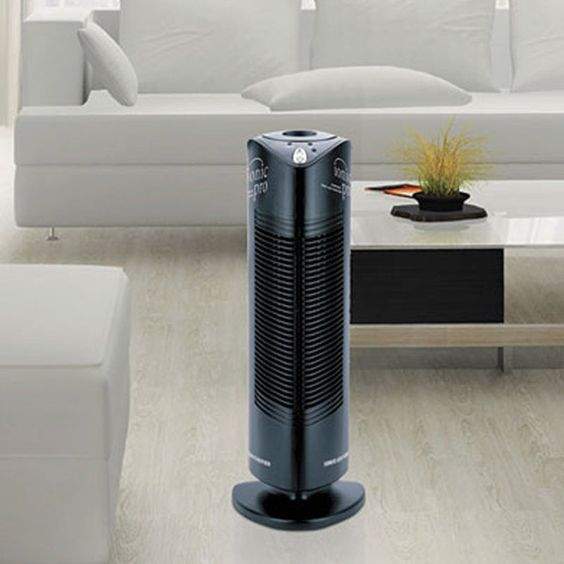
Image Source: Pinterest
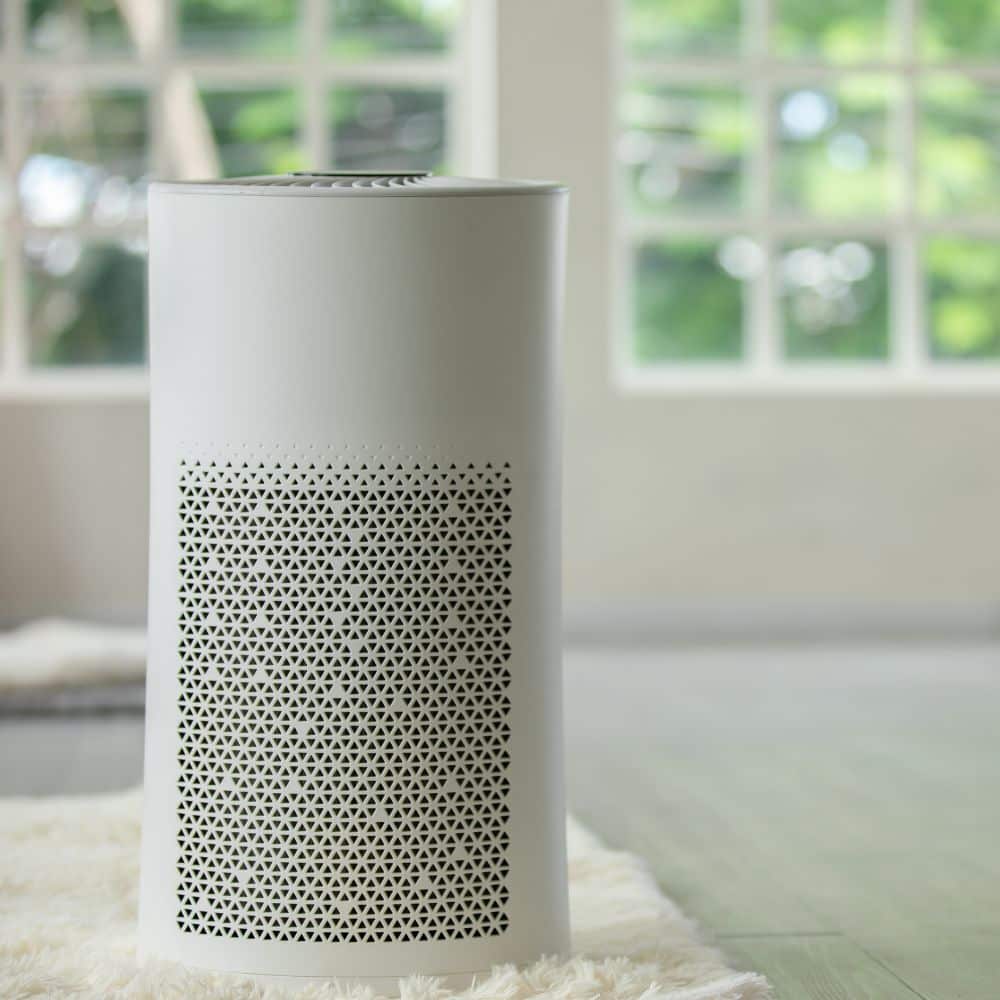
Image Source: Hisoair
Either ionic air purifier for small rooms or HEPA air purifier for large rooms, popular air purification systems commonly used in home and businesses plays the role in the improvement of air quality.
The ionic air purifier and the HEPA air purifier systems are two of the popular air purification systems commonly used in homes and businesses for the improvement of air quality.
Are ionizers better than HEPA air purifiers?
Although ionizers are marketed as air purifiers, they are technically not based on some air purifier study. They do decrease some volatile organic compounds in the air, but they also increase the presence of others, such as ethanol, acetone, and toluene. Furthermore, indoor use can even lead to the potential formation of ozone and formaldehyde.
HEPA vs ionic
What does ionic mean in an air purifier
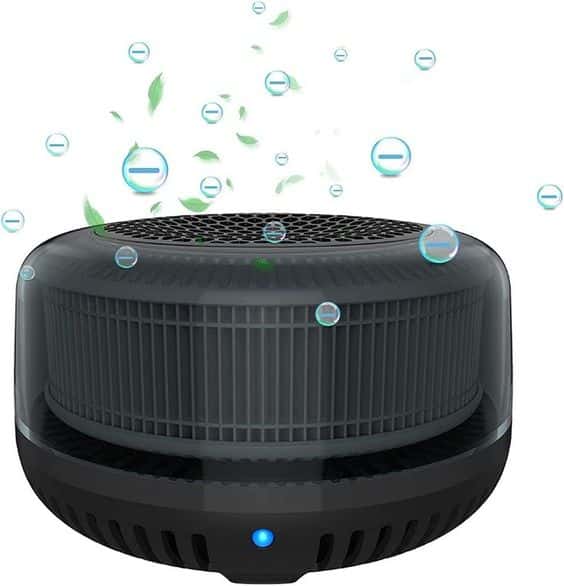
Image Source: Pinterest
According to wiki, ionic in air purifiers remove air impurities by producing charged ions that air pollutants stick to prevent them from being airborne.
What does HEPA mean in an air purifier
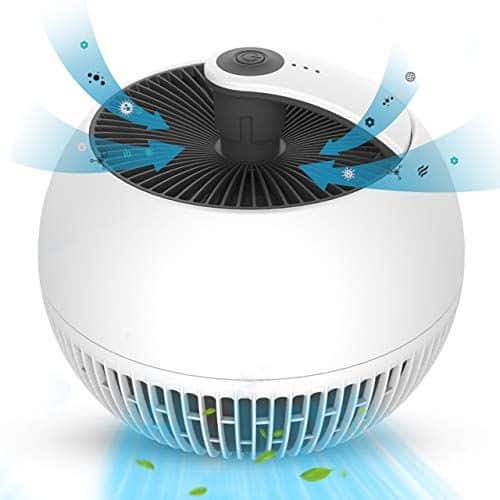
Image Source: Pinterest
HEPA by wiki is short for high-efficiency particulate air is a kind of air purifier. It works by capturing and filtering pollen, allergens, mold, viruses, bacteria, and particulate matter 2.5.
Ionic filter vs hepa filter: which is better
Ionic air filter pros
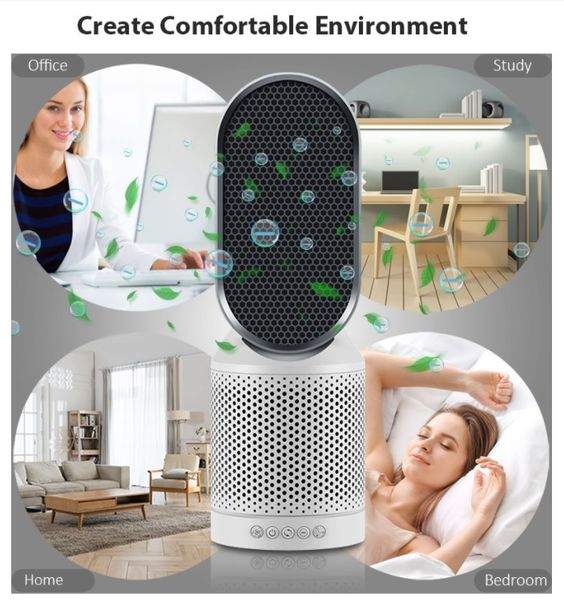
Image Source: Pinterest
Ionic purifiers draw particulates through a fan onto charged metal plates that emit negatively charged ions. These ions then attach themselves to the air pollutants causing them to settle on surfaces. Their structure allows for the purifier to be compact and quiet compared to other purifiers.
Ionic filter cons
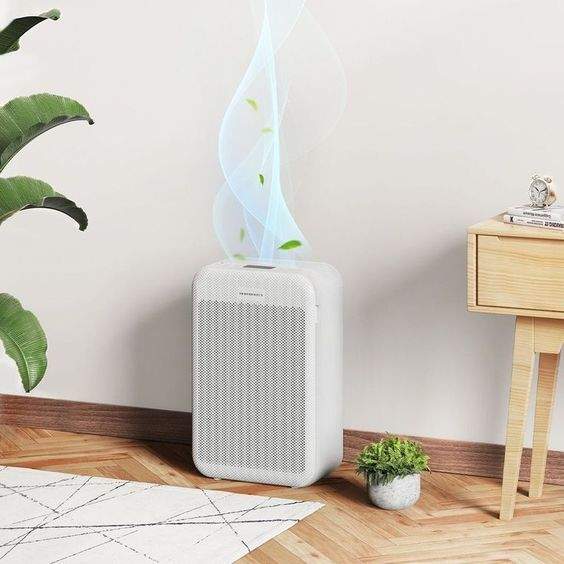
Image Source: Pinterest
The way the ionic air purifier removes air particles by allowing the pollutants to settle on surfaces through negatively charges ions from metal plates creates a mess for the surfaces that the particles settle on and may even still be breathed in.
HEPA filter pros
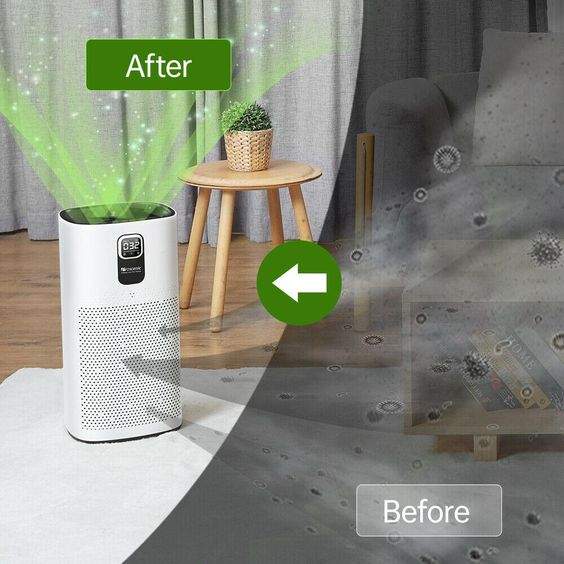
Image Source: Pinterest
HEPA filters are reliable in getting rid of air pollutants without the health risk of other air by-products. A fan is used to consistently force the air through a fine mesh to filter it out. The mesh traps the harmful particulates and clean air is released back to the room.
HEPA filter cons
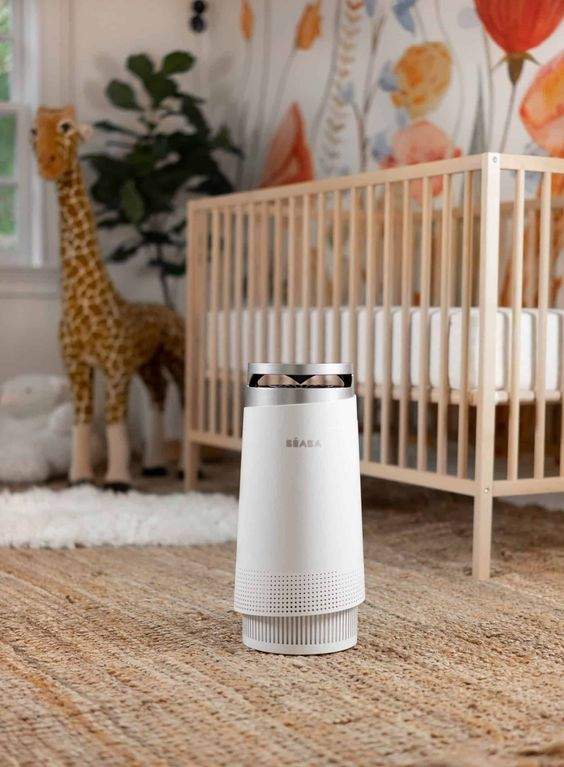
Image Source: Pinterest
HEPA filters, may be prone to mold and bacteria growth if the trapped dirt gets caked on it. This, however, can easily be remedied with the use of UVC light to clean and disinfect the HEPA filter and make it ready once more to filter out particulates from the air.
Difference between ionizer and air purifier
What do ionizers do and do ionic air purifiers really work?
Ionizers “purify” air by creating negatively charged ions through electronically charged metal plates. These negative ions attach to tiny particles which gather together and land on surfaces. It can restrict molds, bacteria, and viruses but may be ineffective against dust, pollen, and dander. It also does not inhibit odors.
Ionizer air purifier how it works
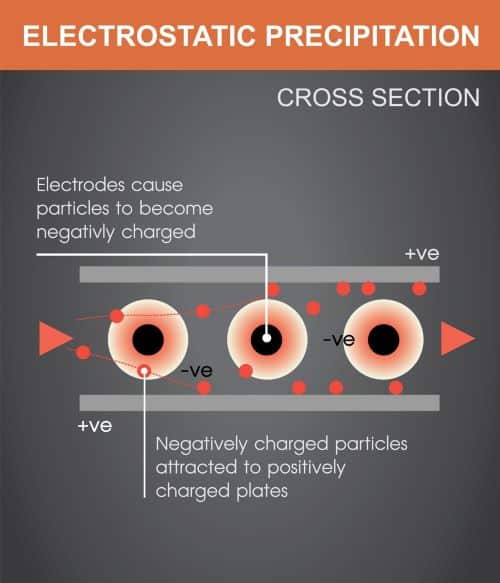
Image Source: Airhealth
Ionizer air purifiers have metal plates that electronically charge the ions causing them to become negatively charged. These ions attract positively charged air particles which are air pollutants. When they combine, it prevents them from being airborne causing them to settle on surfaces instead of being suspended as air contaminants.
What do HEPA air purifiers do and how it works
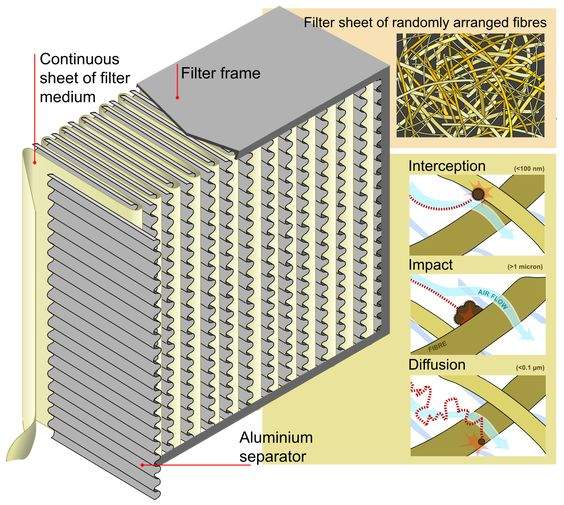
Image Source: Pinterest
HEPA filter air purifiers work by forcing the surrounding air through a fine mesh. The mesh traps harmful air pollutants like pollen, dust, smoke, mold, pet dander, mites, and other airborne particles. The air passes through different layers of the fine mesh and comes out purified from 99.99% of particles.
Ionic air purifier dangers & side effects
why are ionic air purifiers bad
Ionic purifiers pose possible health risks. They don’t filter the air as well as a HEPA filter does making it possible for you to breathe in some of the particulates that ionic air purifiers fail to remove. These may cause throat irritation, chest pains, and other respiratory discomfort or infections.
Do Ionizing air purifiers produce ozone?
Despite the air purifying benefits of ionizing air purifiers, the ionic air purifier health risks still persist. By-products of its method of purifying result to ozone which is considered an air pollutant and an irritant to the lungs. It is important to note this possible side effect before patronizing it.
do ionic air purifiers cause cancer?
There is not enough conclusive data has been found to say outright that ionic air purifiers cause cancer. However, studies show that ionic air purifiers increase some of the volatile organic compounds or VOCs which are linked to some major health problems including cancer in animals and even in humans.
Is it healthy to breathe Ionized air?
Contrary to what is advertised, is actually not health to breathe ionized air. Apart from cancer, exposure to the it may lead to respiratory issues since it contains lung irritants. Apart from that, people are also at risk of experiencing nausea, headaches, damage to the kidney, liver, and central nervous system.
Do ionizer kill viruses?
The short answer is no, but ionizers can neutralize them. Through its method of purification of releasing negative ions, it can purify viruses by attracting them to negative ions and letting them settle on surfaces where you can easily wipe them off.
Do Hepa air purifier side effects exists?
Controvery regarding the safety and possible side effects surround the HEPA filter. However, theories were disproven and HEPA filters remain safe. The particles made from fiberglass which were feared to cause lung diseases or cancer were scientifically ruled out as cause fro concern.
ionic air purifier vs hepa: in summary
Ionic air purifiers’ safety concerns rob it of its wonderful good points. For safety and health reasons, it is recommended to choose HEPA air purifiers as opposed to Ionic Air purifier.
Best hepa air purifier
HEPA air purifiers reign supreme among other air purifiers, and among the many choices of air purifiers some hepa filters manufacturers are better suited than others. Austin Air Systems, Donaldson Company Inc., Daikin Industries Ltd., Hengst, Honeywell International Inc.,by the way you can learn where are honeywell air purifiers made by just a click-away) and MANN+HUMMEL are some of the best.




